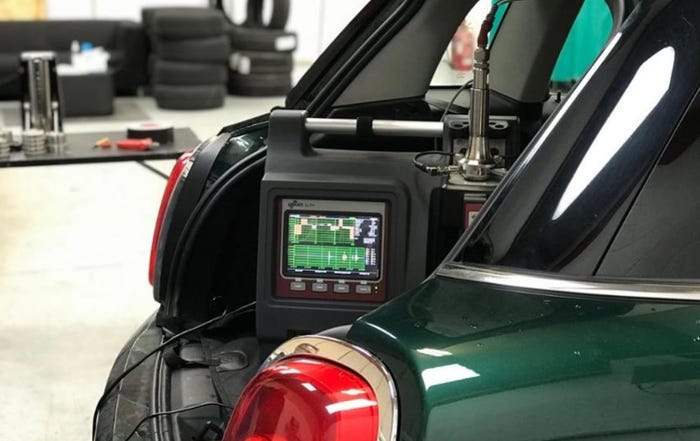Hyundai, Kia Workers Vote to Join Strike
The strike is in protest to the importation of U.S. beef under the pending Korea-U.S. Free Trade Agreement, as well as other policies of the government under President Lee Myung-bak.


The Hyundai-Kia Automotive Group is suffering from the impact of trucker strikes in South Korea and is expected to experience assembly-plant walkouts within days, Ward’s has learned.
Unionized workers at both Hyundai Motor Co. Ltd. and affiliate Kia Motors Corp. voted late last week to participate in a national strike called by the Federation of Korean Trade Unions (FKTU).
The strike is in protest to the importation of U.S. beef under the pending Korea-U.S. Free Trade Agreement, as well as other policies of the government under President Lee Myung-bak, former CEO of Hyundai Construction and Engineering Co. Ltd.
“This was a vote called by the unions’ national umbrella group, and the results were reported to them and not to the managements of our companies,” a Hyundai spokesman tells Ward’s.
Workers at GM Daewoo Auto & Technology Co. and Ssangyong Motor Corp. also have voted to join the strike, union sources say.
The FKTU is coordinating a series of strikes in a relay, seeking to virtually shut down all of the South Korean auto industry.
Local strikes by truckers got under way in some locations beginning June 9, with auto haulers refusing to transport finished cars to dealer warehouses from Hyundai’s Ulsan plants.

GMDAT’s Changwon plant produces Matiz.
Media reports say domestic shipments of Hyundai vehicles already have been cut in half.
“This is a particularly bad time for this sort of thing, as we are looking at the start of our annual contract negotiations in a couple of weeks,” a Hyundai spokesman tells Ward’s.
Another spokesman notes vehicle exports are virtually unaffected by the trucker strike because Hyundai drives its finished vehicles directly from plants to waiting ships at the dock. However, he notes, exports of complete-knocked-down kits have been affected, although those volumes are quite small.
A Kia spokesman says the truck strike is having “some effect” on getting vehicles from the auto maker’s Hwasong plant to the port of Pyongtaek. He confirms the Hwasong facility produces about 75% of all of Kia’s exported vehicles shipped out of Pyongtaek.
GMDAT also has been impacted by truck strikes that have nearly shut down the ports of Busan, Changwon, Gunsan and Incheon. The auto maker’s Changwon plant produces the Matiz minicar, its highest-volume export vehicle.
The auto maker produces the Chevrolet Optra, its third-highest volume export vehicle, at a facility in Gunsan. GMDAT also operates a major CKD processing plant in Incheon.
Some 90% of all GMDAT vehicles are exported out of Korea on ships. The auto maker says it exports about 900,000 CKD kits in shipping containers on an annual basis, together with 900,000 completely built-up vehicles.
About the Author
You May Also Like



